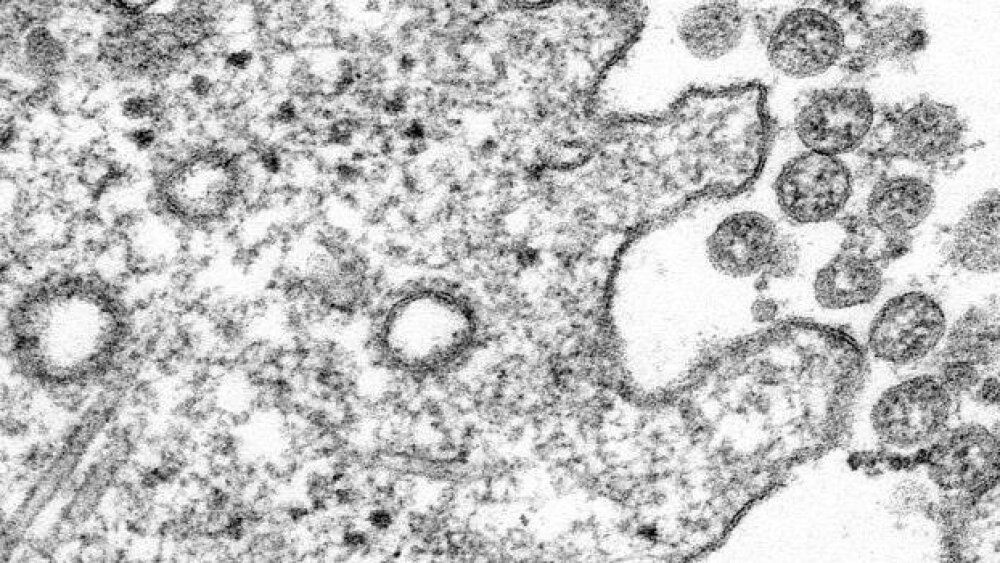Several biopharmaceutical companies have made headway as of late in the race to develop a vaccine for COVID-19, which is responsible for the current global pandemic.
Photo courtesy of CDC/Cynthia S. Goldsmith and A. Tamin
Several biopharmaceutical companies have made headway as of late in the race to develop a vaccine for COVID-19, which is responsible for the current global pandemic.
BioNTech and its partner, Pfizer, recently published data on the safety and immunogenicity of RNA-based COVID-19 vaccine candidates. BNT162b1, which encodes a secreted trimerized SARS-CoV-2 receptor–binding domain, and BNT162b2, which encodes a membrane-anchored SARS-CoV-2 full-length spike, were both examined in a Phase I trial. The data specifically supported BNT162b2 for advancement to a pivotal Phase II/III safety and efficacy evaluation.
Sanofi and Translate Bio also recently released preclinical results for MR5500, its mRNA-based vaccine for SARS-CoV-2. The vaccine candidate appeared to have a favorable immune response profile against the virus, and a Phase I/II clinical trial is expected to begin in the final quarter of 2020.
“The rapid development of effective vaccines to address the COVID-19 pandemic continues to be an urgent global public health need and I am encouraged by the progress we’ve made to date with our partner Sanofi Pasteur toward the development of a promising mRNA vaccine candidate,” said Ronald Renaud, Chief Executive Officer at Translate Bio. “The preclinical results we report in this paper demonstrate the ability of MRT5500 to elicit a favorable immune response in both mice and non-human primates. Importantly, these results provide additional support for using our mRNA platform to potentially expedite the development of alternative approaches to traditional vaccines.”
Back in September, the U.S. Centers for Disease Control and Prevention (CDC) addressed its vaccine preparedness, with the assumption that a COVID-19 vaccine is on the horizon. The Department of Health and Human Services (HSS) stated that the CDC would be providing $200 million to jurisdictions for the initiative.
“By building on close partnerships with the states and other jurisdictions we have worked with for years on vaccination programs, we have the ability to begin distributing and administering safe and effective COVID-19 vaccines as soon as they are authorized and available,” said HHS Secretary Alex Azar. “With these $200 million in new funds, jurisdictions can develop and update plans for the eventual distribution and administration of the safe and effective vaccines that will help bring this pandemic to an end. The federal government, including experts from CDC and the Department of Defense, is ready to assist where necessary.”
However, some are still wondering exactly when a vaccine will be developed and deemed safe for use. Eli Lilly, for example, announced earlier this week that it would be pausing its clinical trial of a combination antibody against COVID-19 due to safety concerns. Johnson & Johnson also announced the pause of its own clinical trial, looking into a potential COVID-19 vaccine. An “unexplained illness in a study participant” prompted researchers to halt the study.
“[Serious Adverse Events] are not uncommon in clinical trials, and the number of SAEs can reasonably be expected to increase in trials involving large numbers of participants,” the company stated, following the announcement. “Further, as many trials are placebo-controlled, it is not always immediately apparent whether a participant received a study treatment or a placebo.”
As companies continue to develop and test a COVID-19 vaccine, the total number of cases continues to rise. In the U.S., there were more than 7.8 million recorded cases as of Oct. 15. The death toll has climbed to more than 215,100.





